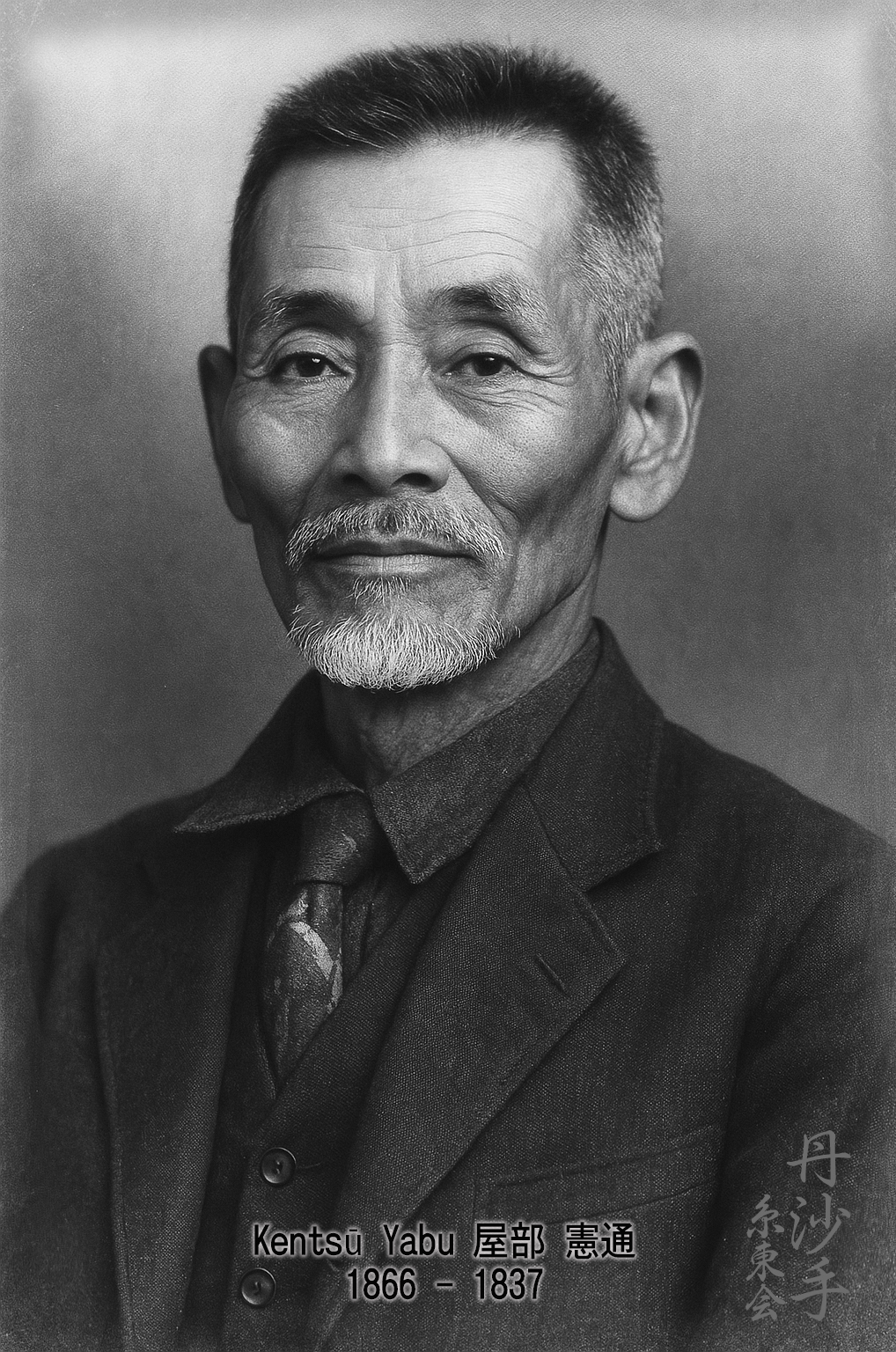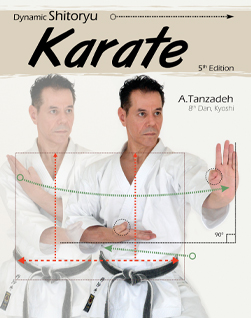Kentsu Yabu (1866–1937), often referred to as “the Sergeant of Karate,” was one of the most prominent Okinawan martial artists of the Meiji and Taishō periods. Born in Shuri, Okinawa, Yabu grew up during a time when Okinawa was undergoing cultural and political shifts, having recently become part of Japan. His early years were marked by both hardship and discipline, which laid the foundation for his lifelong dedication to martial arts. He began training in ti (an early form of karate) under the tutelage of Ankō Itosu, one of the most respected masters of the time and a pivotal figure in modernizing and systematizing karate.
Yabu’s life took a transformative turn when he joined the Japanese Imperial Army. He served in the First Sino-Japanese War, rising to the rank of lieutenant. His military background profoundly influenced his karate teaching style—he was known for his rigorous discipline, structured training methods, and emphasis on etiquette and physical conditioning. Because of this, he played a key role in bridging traditional Okinawan karate with modern Japanese martial culture, helping to legitimize and spread karate as a formal practice beyond Okinawa.
Upon returning to Okinawa after his military service, Yabu resumed his role as a karate instructor and was appointed to teach at several schools, including the Okinawa Prefectural Normal School. He became known for introducing karate to the younger generation in an educational setting, aligning with Itosu’s vision of karate as a form of moral and physical education. His approach maintained deep respect for traditional kata while incorporating military-style drills, which made him a formidable and respected teacher.
In 1927, Yabu visited the United States, where he demonstrated karate and introduced aspects of Okinawan culture to the growing Japanese diaspora. His trip marked one of the earliest instances of karate being showcased outside of Japan, highlighting Yabu’s role as a pioneer in the global spread of the art. His presence and demonstrations left a lasting impression on audiences and practitioners alike, including those in Hawaii and California, who later became important hubs for karate’s international expansion.
Master Kentsu Yabu passed away in 1937, but his influence endured through his students and the institutions he helped shape. Often described as a stern but fair teacher, he left behind a legacy of discipline, structure, and cultural pride. Today, he is honored not only for his martial skill but also for his efforts to ensure karate would be preserved, respected, and passed on with integrity to future generations.






